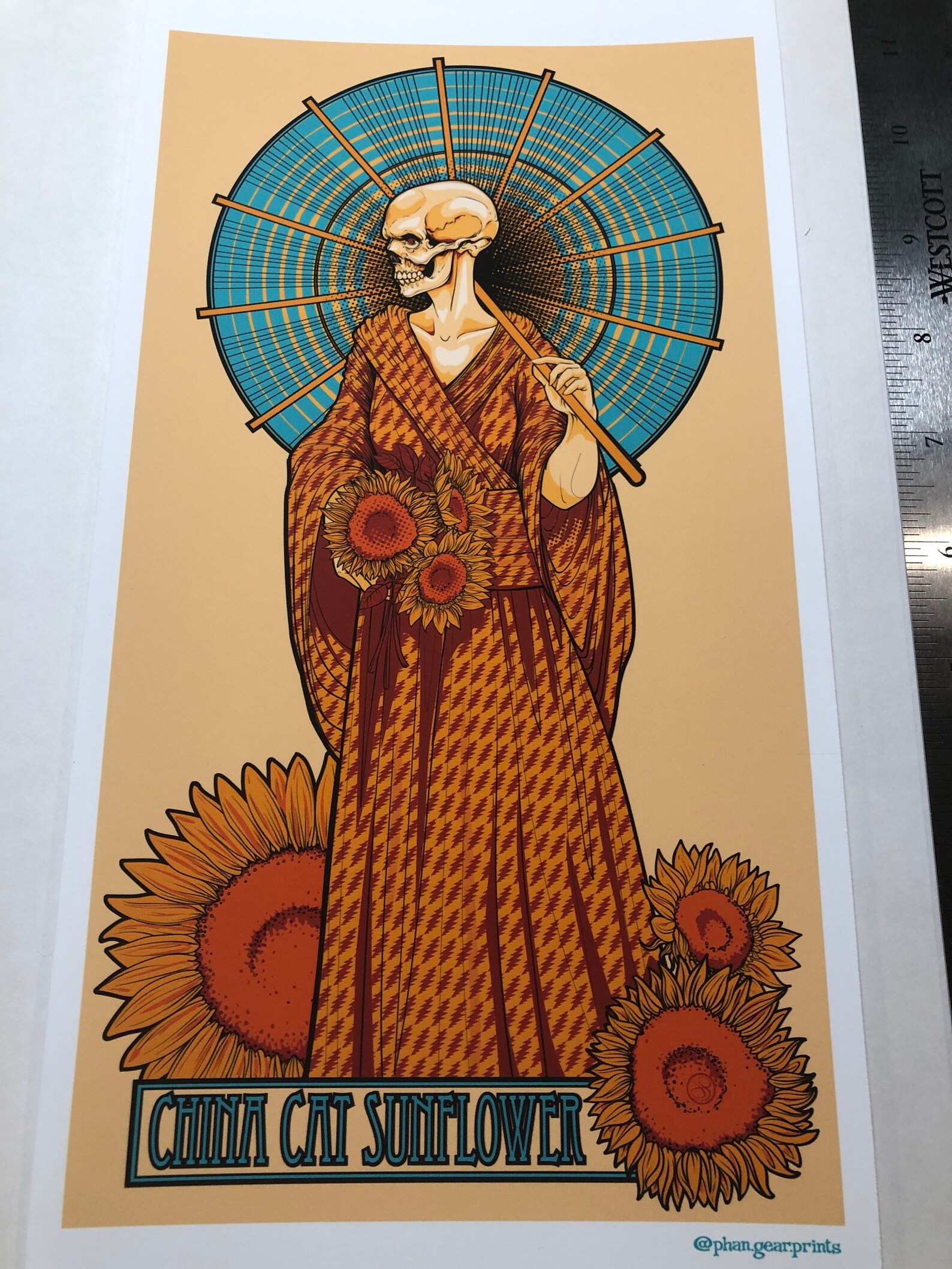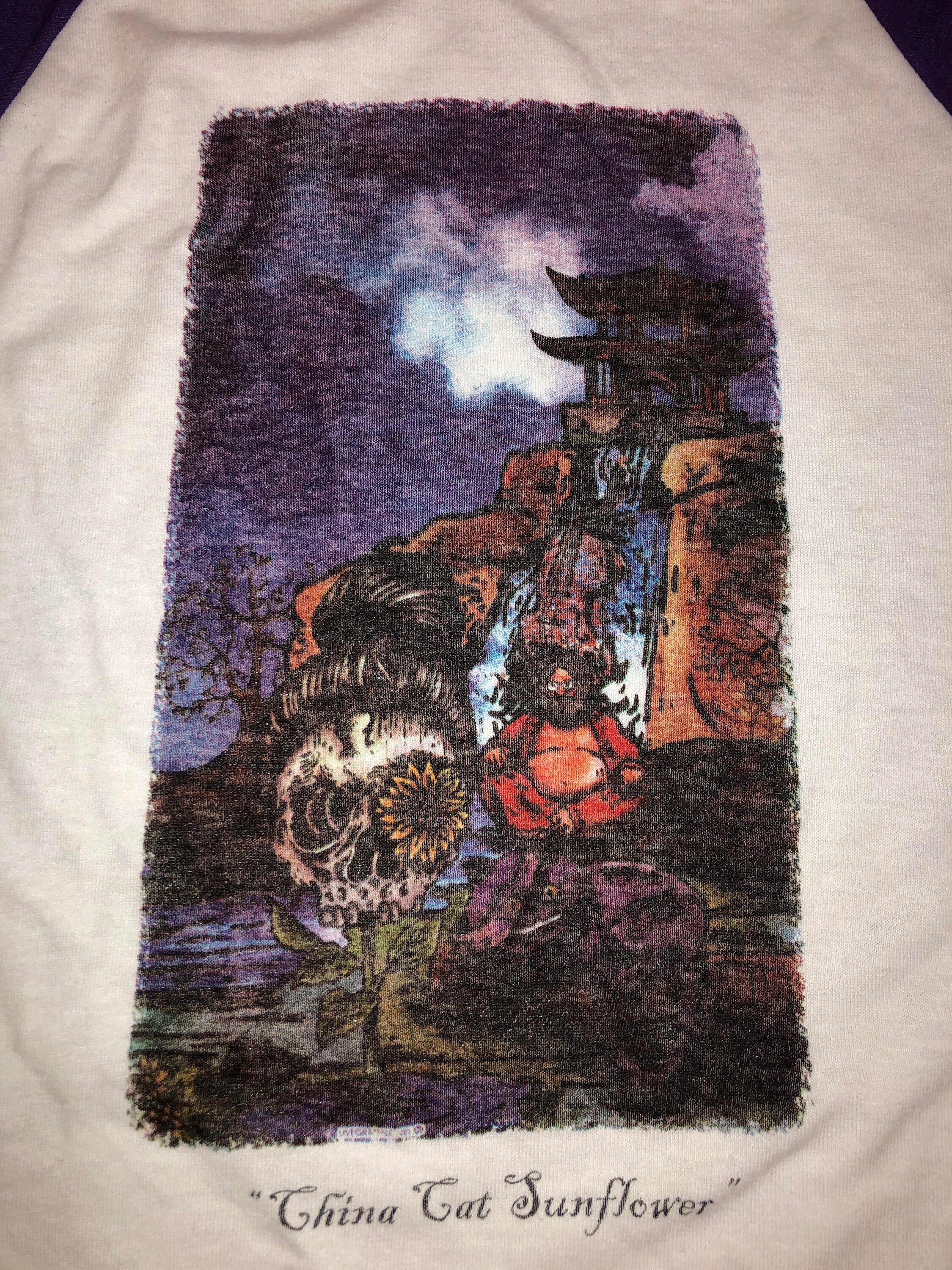

I don’t know about my favorite song, because I don’t know what it is. I don’t listen to much pre-1960 unless it is classical tbh though. If you want a great music experience you have to keep searching So these days it is a lot easier to find great music from the ages. There is nothing intrinsically significant about the year an album was created other than style. Music always becomes stale, it just differs at the rate it does so. But these days you can go back and mine what was good. When you get older you also gain an appreciation for a good singer.

But I didn’t find it dampening my enthusiasm for stuff like the Beatles and Queen. You learn to appreciate more aggression and heaviness. What sounds harsh and loud to the pre-pubescent ear becomes something the post pubescent ear can really dig. That kind of set the stage for my tastes as I got older. The age of puberty would be the big setting point for this and the reason why girls have an earlier age then boys.īoth CCR and S&G, though of the previous generation, were what I discovered at puberty. The previous thread sheds some light on this. (I would bet that the Abba songs were his new wife’s favorites when he got out of the POW camp.) Most of his picks are songs by male singers from the 1940s to 1960s, but McCain’s #1 and #3 are by Abba in the early-mid 1970s. For example, here’s John McCain’s list of his favorite songs from when he ran for President in 2008.

On the other hand, a lot of people have mild favorites from their 40s associated with their kids or some major life event. Similarly, novelist John Updike (1932-2009) wrote an article about his love affair with pop music, from about age 11 to 36, with the Beatles’ “ Hey Jude” in 1968 being the last pop song to matter to him emotionally.

Here’s a wonderful monologue by the late Patrice O’Neal on why white people like “Creep” so much. Radiohead’s “Creep,” which came out when I was in my mid-30s, was among the very latest songs to make my top 100 or so. I can’t really think of a way to test this second question except by asking people with absurdly good memories when they first heard certain songs.Īnother question is what’s the oldest age at which a song becomes a favorite for you. “How old were you when your favorite songs became your favorite songs?” It’s a slightly different question to ask “How old were you when your favorite songs were released?” vs. Or maybe you bought the band’s super-popular 4th album when you were 17 and worked your way back to their much better 2nd album by the time you were 19. For example, maybe you didn’t hear the song on the radio when you were 14 because you didn’t listen to a cool station, but when you got to college your roommate had the album, which had been out for four years. Okay, but I suspect it’s a little misleading to state that the songs that you like best came out when you are 13 or 14, in that you didn’t necessarily always really like them yet when you were 13 or 14. The most important period for women were the ages 11 to 14. What about women? On average, their favorite songs came out when they were 13. The most important period for men in forming their adult tastes were the ages 13 to 16. Songs that came out decades earlier are now, on average, most popular among men who were 14 when they were first released. It turns out that the “Creep” situation is pretty much universal. In particular, I measured how old their biggest fans today were when these songs first came out. I did a similar analysis with every song that topped the Billboard charts from 1960 to 2000. Note that the men who most like “Creep” now were roughly 14 when the song came out in 1993. But it is not in the top 300 for the cohort born 10 years earlier or 10 years later. This is the 164th most popular song among men who are now 38 years old. … Consider, for example, the song “ Creep,” by Radiohead. Here’s a piece by data analyst Seth Stephens-Davidowitz, whose 2017 book “Everybody Lies: Big Data, New Data, and What the Internet Can Tell Us About Who We Really Are” was quite good.


 0 kommentar(er)
0 kommentar(er)
